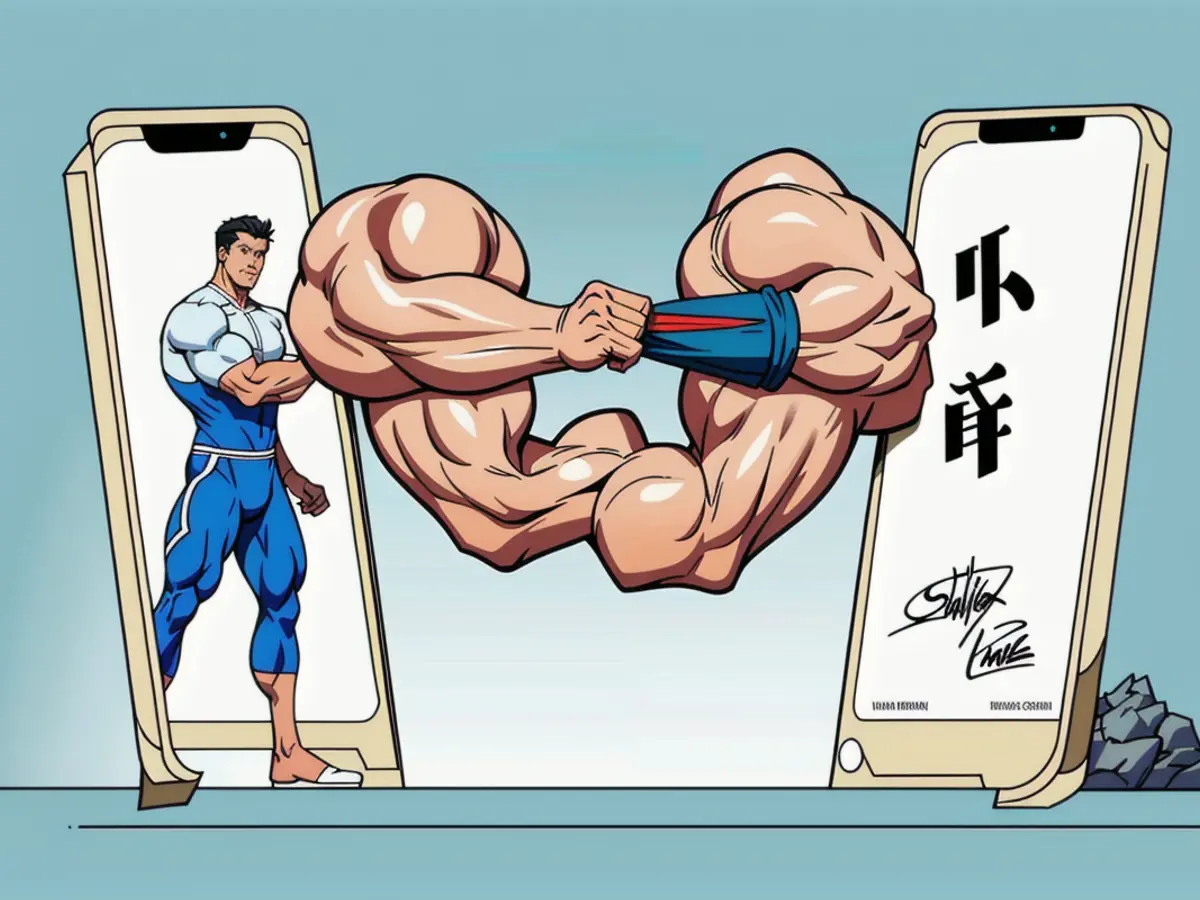Should Artificial Intelligence Have a Role in Romantic Matchmaking? Insights from a Psychological Perspective
In the world of online dating, things are getting increasingly complex. It's no longer just about having an appealing profile or striking up a conversation. The integration of AI technology—whether in the form of matchmaking algorithms, auto-generated messages, or profile enhancements—has become a common feature in the digital dating scene. However, a recent survey by Jigsaw, the leading provider of real-life dating experiences in the U.S., reveals a significant resistance toward this technological advancement.
The majority of survey participants express strong opposition to AI's role in dating, preferring to meet potential partners in real life. This increasing resistance could be due, in part, to the digital nature of modern dating feeling even less personal with the introduction of AI. The common responses to learning that a match was using AI-generated responses included "worried," "uncomfortable," and "scared," signaling a deep desire for something more authentic and personal.
Two primary reasons contribute to the discomfort surrounding AI in the realm of online dating:
- Inauthenticity is a Deal Breaker
Authenticity is crucial when trying to gauge chemistry and compatibility through a screen, especially considering that text can often lack the natural nuances found in actual interactions. The potential misinformation and lack of discernibility between AI-generated responses and real human emotions can make for a complicated and inauthentic experience when it comes to building real connections.
- People Want More Human Interaction, Not Less
In-person interaction remains the gold standard for authentic romantic connections, even despite the convenience that virtual dating apps provide. Reconnecting with the simplicity of meeting a potential partner in real life, whether at a coffee shop or through mutual friends, plays a vital role in fostering a genuine connection. People are yearning for this raw, unfiltered human connection that technology cannot replicate.
Research supports the notion that omitting real human interaction can negatively impact trust and hinder the development of meaningful relationships[1][3]. Moreover, dishonesty is prevalent on online dating platforms, and AI has the potential to exacerbate these trust issues by making it harder to distinguish genuine intentions[3].
Despite the wave of technological advancements sweeping the online dating industry, users continue to voice their desire for more human interaction. This resistance to AI-driven online experiences could ultimately serve as a reminder for platforms to prioritize authenticity and built-in human interaction in their quest for helping individuals find love.
References
[1] Finkel, E. J., Eastwick, P. W., & Reis, H. T. (2012). Online dating: A critical analysis from the perspective of psychological science. Psychological science in the public interest, 13(1), 3–66.
[2] Lampe, C. L., Ellison, N. B., & Hancock, J. T. (2011). The benefits of Facebook "friends": Social capital and college students' use of online social networks. Journal of Computer-Mediated Communication, 16(1), 222-245.
[3] Mohata, S., & Kumar, P. (2019). Influence of online dating on personality, relationship intentions and relationship satisfaction. Journal of information and communication ethics, 19(1), 35-53.
- Erika Ettin, a dating coach, echoes the concerns of many users, stating that dating app fatigue is a real issue due to the over-reliance on AI-generated content in the digital dating scene.
- Mark Travers, a relationship expert, agrees with this sentiment, arguing that authenticity should be the cornerstone of any successful dating app, rather than relying solely on AI-driven matchmaking and chatbot responses.
- Creditline, a dating app, is one such platform that has attempted to blend real-life experiences with technology, offering users the opportunity to meet in real life after initial online interactions, which could help mitigate the impact of AI-generated content.
- The 'be2456c7bae49f5f6367fb2319d42535' algorithm used by some dating apps epitomizes the importance of balancing technology and human interaction, as it takes into account both the user's preferences and their compatibility based on real-life behaviors.
- Chatbots, such as ChatGPT, while helpful in automating certain aspects of online dating like sending initial messages, may contribute to dating app fatigue as users start to feel they're interacting more with AI than with potential partners.
- To combat these challenges, dating apps may want to adopt a hybrid approach, combining AI technology for efficiency while emphasizing the importance of human interaction and authenticity in fostering real relationships.
- Ultimately, the key to successful online dating is to create a balanced experience that respects users' desire for authenticity and personal connections, while leveraging AI to enhance the overall experience, rather than replacing the human aspect of dating.






